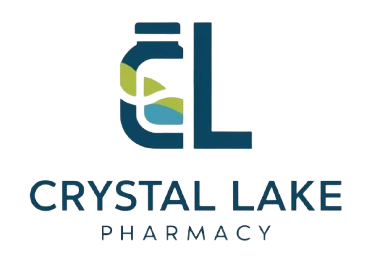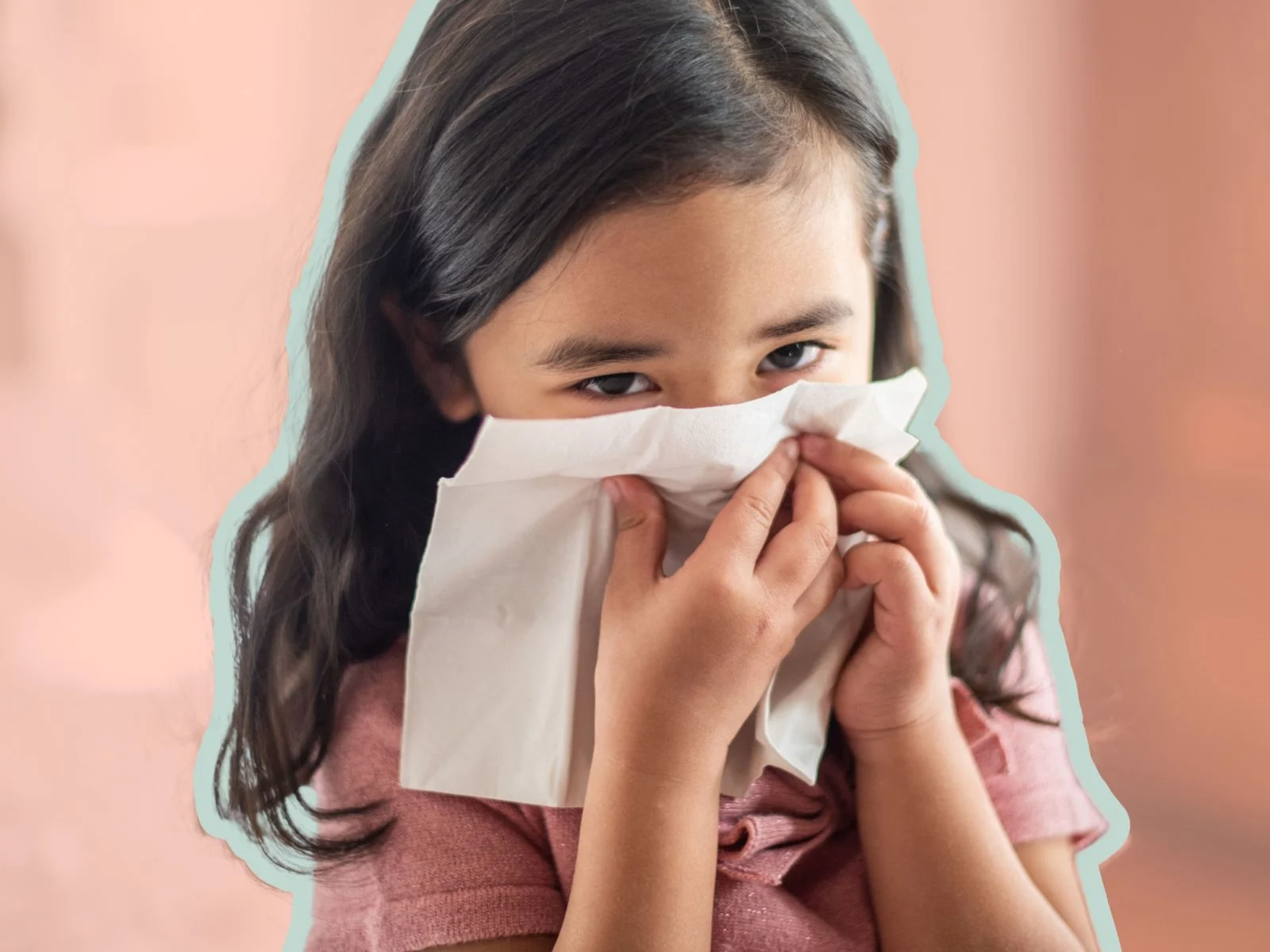The best medicine for severe allergies depends on your symptoms, but nasal steroid sprays work best for most people. For life-threatening reactions, epinephrine shots are the only treatment that saves lives. Let’s explore all your options so you can breathe easier and feel better.
This guide covers everything you need to know about severe allergy medicines. You’ll learn which treatments work best, when to use them, and how to stay safe during allergy season.
Understanding Severe Allergies
Severe allergies affect millions of people every day. According to the Cleveland Clinic, allergic rhinitis affects approximately 400 million people worldwide. Your immune system fights harmless things like pollen or pet hair as if they were dangerous germs. This causes symptoms that can make you miserable or even put your life at risk.
What Makes Allergies “Severe”
Severe allergies cause symptoms that:
- Last for weeks or months
- Don’t get better with basic treatments
- Make it hard to sleep, work, or enjoy life
- Affect your breathing or heart
Common severe allergy triggers include tree pollen, grass, ragweed, dust mites, pet dander, and certain foods.
The Most Effective Medicines for Severe Allergies
Nasal Steroid Sprays: The Top Choice
Nasal steroid sprays are considered the most effective treatment for symptoms of seasonal allergies. These medicines work better than pills for most people with severe nasal allergies.
Why they work so well:
- Stop inflammation before it starts
- Reduce all nasal symptoms
- Studies show 40.7% improvement in nasal symptoms compared to 23.5% for oral antihistamines
- Safe for daily use
Popular nasal steroid sprays:
- Flonase (fluticasone)
- Nasacort (triamcinolone)
- Rhinocort (budesonide)
- Nasonex (mometasone)
How to use them: Spray once or twice in each nostril daily. Use your opposite hand to spray away from the middle of your nose to reduce side effects.
Antihistamine Pills: Quick Relief
Antihistamine pills work fast to stop allergy symptoms. They block histamine, the chemical that causes sneezing, itching, and runny nose.
Best antihistamine options:
- Zyrtec (cetirizine) – The preferred first-step agent recommended by University Health Services
- Claritin (loratadine) – Long-lasting, less drowsy
- Allegra (fexofenadine) – Won’t make you sleepy
- Xyzal (levocetirizine) – Very effective for severe symptoms
These newer antihistamines cause less drowsiness than older ones like Benadryl.
Combination Treatments: Extra Power
For severe allergies, doctors often recommend using two medicines together:
- Nasal spray + antihistamine pill – Covers all symptoms
- Nasal antihistamine + nasal steroid – This combination is more effective and acts more rapidly than either drug used alone
Popular combination products include Claritin-D, Zyrtec-D, and Allegra-D (which add a decongestant).
Emergency Medicine for Life-Threatening Allergies
Epinephrine: The Only Life-Saver
Epinephrine is the only first-line treatment for anaphylaxis and should be administered without delay. This medicine reverses severe allergic reactions that can kill you.
When you need epinephrine:
- Trouble breathing or wheezing
- Swelling of face, lips, or throat
- Fast heartbeat or dizziness
- Severe full-body rash
- Vomiting after eating an allergen
How epinephrine works:
- Opens airways and reduces swelling, helps maintain heart function and blood pressure
- Works in minutes to reverse dangerous symptoms
- Must be injected into your thigh muscle
Common epinephrine devices:
- EpiPen
- Auvi-Q
- Adrenaclick
Important: Always go to the emergency room after using epinephrine, even if you feel better. You might need a second dose or other treatments.
Advanced Treatment Options
Allergy Shots (Immunotherapy)
Immunotherapy may be one of the most effective forms of treatment if you suffer from allergies more than 3 months of the year. These shots train your immune system to stop overreacting to allergens.
How allergy shots work:
- Start with tiny amounts of what you’re allergic to
- Gradually increase the dose over months
- Studies show symptoms improve in 94% of people who get allergy shots
- Treatment lasts 3-5 years
Under-the-Tongue Tablets
The FDA has approved three products: Grastek, Oralair, and Ragwitek for grass and ragweed allergies. These tablets dissolve under your tongue at home.
Prescription Nasal Sprays
Your doctor might prescribe stronger nasal medicines like:
- Patanase (olopatadine) – Antihistamine spray
- Astepro (azelastine) – Fast-acting nasal antihistamine
- Prescription-strength steroid sprays
Choosing the Right Medicine for Your Severe Allergies
For Nasal Congestion
Best choice: Nasal steroid sprays like Flonase or Nasacort
For Sneezing and Runny Nose
Best choice: Antihistamine pills like Zyrtec or Claritin
For Itchy, Watery Eyes
Best choice: Antihistamine eye drops or oral antihistamines
For Multiple Symptoms
Best choice: Combination of nasal steroid spray + antihistamine pill
For Life-Threatening Reactions
Only choice: Epinephrine auto-injector
Safety Tips and Side Effects
Nasal Spray Safety
- Don’t use decongestant sprays for more than 3 days
- Steroid sprays are safe for long-term use
- Side effects can include nosebleeds and nasal irritation
Antihistamine Safety
- Newer antihistamines rarely cause drowsiness
- Cetirizine and loratadine still cause drowsiness in about 10% of people
- Don’t drive until you know how they affect you
When to See a Doctor
Call your doctor if:
- Your allergies don’t improve after 2 weeks of treatment
- You have severe side effects
- You think you might have food allergies
- Your symptoms are getting worse each year
Getting Your Allergy Medicine
Over-the-Counter Options
Most effective allergy medicines are available without a prescription:
- Nasal steroid sprays (Flonase, Nasacort, Rhinocort)
- Antihistamine pills (Zyrtec, Claritin, Allegra)
- Antihistamine eye drops
When You Need a Prescription
See your doctor for:
- Stronger steroid nasal sprays
- Combination nasal sprays
- Allergy shots or under-the-tongue tablets
- Epinephrine auto-injectors
Your local pharmacy can help you find the right over-the-counter health products and work with your doctor on prescription medications when needed.
Special Considerations
For Children
- Many allergy medicines are safe for kids over age 2
- Always read the Drug Facts Label before giving medicine to children
- Liquid forms work well for young children
- Talk to your pediatrician about the right dose
For Pregnant Women
- Some antihistamines are safer during pregnancy
- Nasal saline rinses are always safe
- Talk to your healthcare team about allergy medicines if you are pregnant or breastfeeding
For Older Adults
- Some allergy medicines can cause confusion or urinary tract symptoms in older adults
- Start with lower doses when possible
- Watch for interactions with other medicines
Natural and Additional Treatments
Saline Nasal Rinses
Simple washing of nasal cavities using isotonic saline provides significant improvement and is useful, particularly in children. Use a neti pot or squeeze bottle with salt water to flush out allergens.
Allergen Avoidance
The best medicine is avoiding what makes you sick:
- Keep windows closed during high pollen days
- Use air purifiers with HEPA filters
- Wash bedding in hot water weekly
- Shower before bed to remove pollen from hair and skin
Professional Compounding
If standard medicines don’t work, compounding can create custom allergy treatments just for you. This might include special strengths or combinations not available in regular medicines.
Managing Severe Allergies Year-Round
Spring Allergies (Tree Pollen)
- Start nasal sprays 2-4 weeks before tree pollen season
- Keep windows closed
- Check daily pollen counts
Summer Allergies (Grass Pollen)
- Mow grass when pollen counts are lower
- Wear sunglasses outside
- Rinse eyes with cool water after being outdoors
Fall Allergies (Ragweed)
- Ragweed is a common late summer and fall allergy trigger
- Remove shoes when entering your home
- Use dehumidifiers to reduce mold
Year-Round Allergies (Dust, Pets)
- Use allergen-proof mattress and pillow covers
- Vacuum with HEPA filter weekly
- Keep pets out of bedrooms
Cost-Effective Allergy Treatment
Generic Options
Many effective allergy medicines come in generic forms:
- Generic cetirizine instead of Zyrtec
- Generic loratadine instead of Claritin
- Generic fluticasone instead of Flonase
Insurance Coverage
- Most insurance plans cover prescription allergy medicines
- Epinephrine auto-injectors may need prior approval
- Medication Therapy Management can help optimize your treatment plan
Pharmacy Programs
Look for pharmacy discount programs and manufacturer coupons to save money on your allergy medicines.
Final Thoughts
The best medicine for severe allergies starts with nasal steroid sprays for daily symptom control. Add antihistamine pills for extra relief when needed. For life-threatening allergic reactions, epinephrine is the only medicine that can save your life.
Remember that severe allergies are a real medical condition that affects your quality of life. Don’t suffer in silence – effective treatments are available. Work with your doctor and pharmacist to find the right combination of medicines for your specific needs.
Start with over-the-counter nasal steroid sprays and antihistamines. If these don’t provide enough relief after two weeks, talk to your doctor about prescription options or allergy shots. Always carry epinephrine if you’ve had severe reactions before.
With the right treatment plan, you can control your severe allergies and get back to enjoying life. Visit your local pharmacy to discuss your options and find relief today. Your prescription fulfillment and vaccination needs can all be managed in one convenient location.

